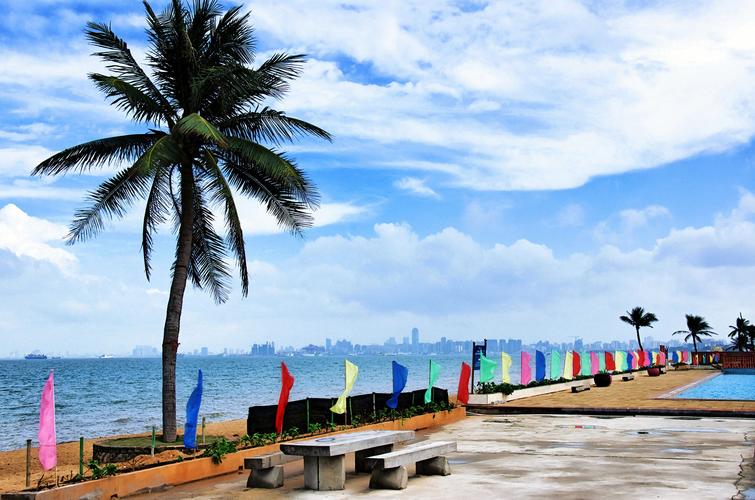The preservation of cultural heritage is more than just a way to honor the past. It is essential for our society’s continued progress and development. Cultural heritage is the legacy of tangible and intangible artifacts and customs left by our ancestors, providing a glimpse into their way of life and their traditions, which is crucial to understanding our history and identity.
Firstly, cultural heritage has immense educational value. It offers us a window into the past, enabling us to learn about the customs, practices, and beliefs of societies that existed hundreds or even thousands of years ago. Cultural heritage is a fun and interactive way for children and adults alike to learn about history in a more interesting and engaging way. Moreover, in schools, museums, and libraries, cultural heritage serves as teaching materials for students, providing them with the opportunity to learn more about their past, understand the present and prepare for the future.
Secondly, cultural heritage plays a significant role in tourism. Heritage sites, monuments, cultural landscapes, and museums are major tourist attractions in many countries worldwide. Tourism helps boost local economies by creating jobs and generating revenue. Tourists are not only looking for beautiful beaches and shopping malls; they are also interested in immersing themselves in local culture and heritage. Thus, those regions that maintain and safeguard their cultural heritage create a competitive advantage with respect to other destinations globally.
Thirdly, cultural heritage is vital to foster social cohesion and identity. It gives people a sense of belonging, community, and shared history. When individuals learn about their cultural heritage, they are better equipped to understand their roots, values, and identity, resulting in better social integration, mutual understanding, and less conflict. Moreover, cultural heritage provides a platform for dialogue and understanding between different communities, promoting respect, tolerance, and harmony.
Fourthly, preserving cultural heritage supports local economies. Heritage sites, monuments, and museums create jobs, promote tourism, and boost the local economy. Moreover, the preservation and dissemination of intangible cultural heritage practices such as traditional trades, handicrafts, and local cuisines can contribute to poverty reduction, as they generate an additional income stream for local communities.
In conclusion, the preservation of cultural heritage is essential for our society. It helps educate future generations by showcasing ancient customs, beliefs, and traditions. It supports tourism, contributes to social cohesion, and helps local economies. For all these reasons, it is vital that we continue to protect and preserve our cultural heritage for present and future generations.
(Note: Do you have knowledge or insights to share? Unlock new opportunities and expand your reach by joining our authors team. Click Registration to join us and share your expertise with our readers.)
